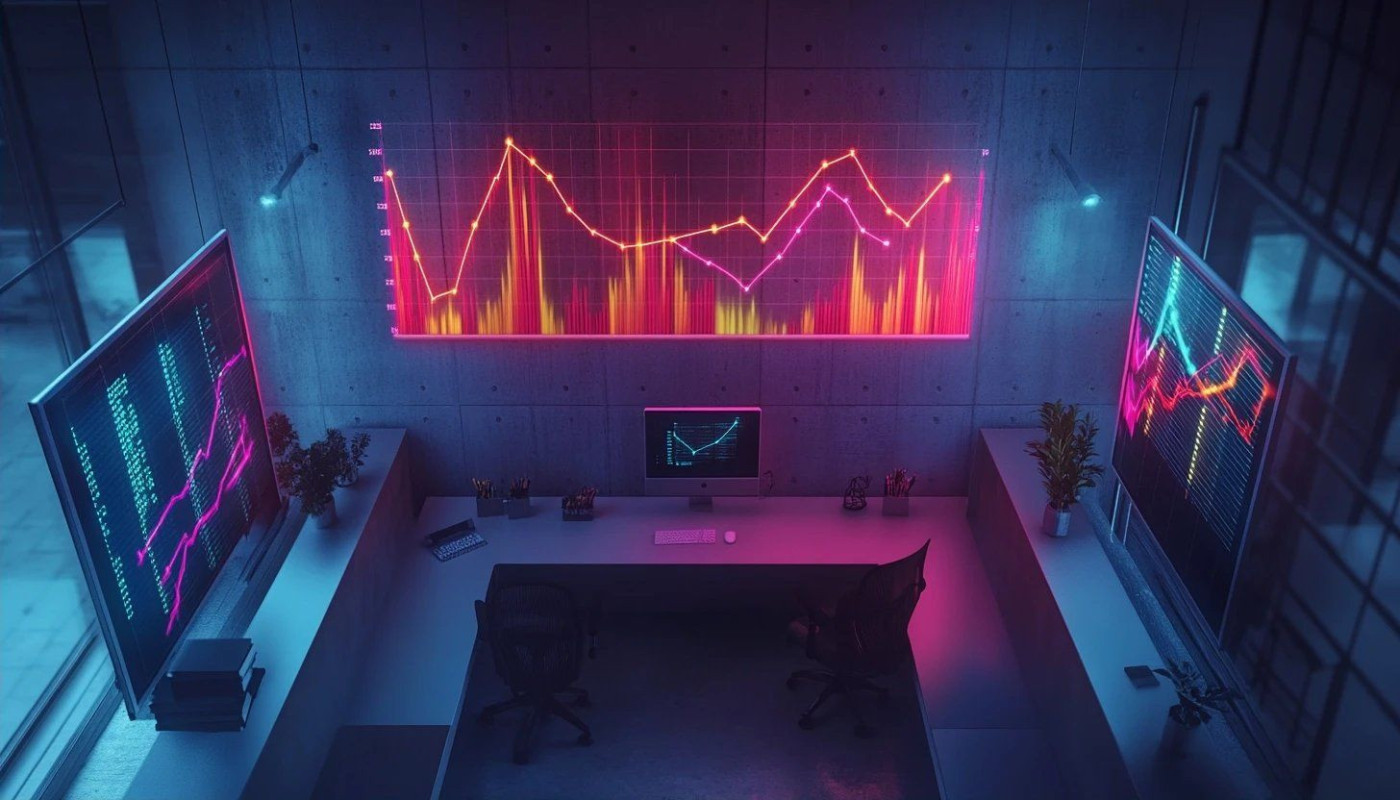Table of contents
As we progress into the 21st century, the business world is witnessing a paradigm shift towards sustainable and green practices. Businesses are now recognizing the importance of adopting environmentally friendly operations, not only to sustain their growth but also to contribute to a better future for our planet. B2B enterprises, in particular, are pivotal in this green revolution, with their influence extending across supply chains and industries. This article explores the role of green B2B practices in our transition towards a sustainable economy. It's an essential reading for any business leader or professional interested in understanding how sustainability is shaping the future of B2B interactions.
The Importance of Green B2B Practices
The critical role of green Business to Business (B2B) practices in nurturing a sustainable economy cannot be overstated. Green B2B Practices are not merely a trend, but an integral shift in the business landscape. They are transforming the manner in which business operations are conducted, and redefining the contours of supply chains.
The foundation of these practices is embedded in the principle of Sustainability, which is rapidly becoming a priority for businesses worldwide. The influence of these environmentally friendly practices permeates multiple aspects of the business ecosystem, leading to a noticeable impact on industry trends.
In forging partnerships and transactions that prioritize environmental stewardship, Green B2B Practices are instrumental in paving the way towards a sustainable economy. This shift is not just beneficial, but paramount in an era where environmental consciousness is increasingly significant.
Examples of Green B2B Practices
In the business world, a growing number of organizations are demonstrating that adopting green B2B practices is not only good for the environment but also beneficial for their operations. These "Green B2B examples" have witnessed significant improvements in various aspects of their businesses, including their bottom line, their corporate image, and their overall contribution to a sustainable economy.
One such example is a company that has integrated green practices into their business model by focusing on Corporate Social Responsibility (CSR). By incorporating environmental concerns into their operations, they have not only reduced their carbon footprint, but also seen a solid return on investment. This is a clear demonstration of how green B2B practices can positively impact a company's "bottom line".
Another key advantage of integrating green practices into B2B operations is the enhancement of a company's reputation. Businesses that are recognized for their commitment to sustainability are often viewed more favorably by consumers, partners, and investors. This "enhanced reputation" can lead to increased customer loyalty, better partnership opportunities, and potential investment.
In the broader perspective, these green practices, when adopted on a large scale, can significantly contribute to a "sustainable economy". The reduction of waste, efficient use of resources, and minimization of environmental impact are all key components of a healthier, more sustainable economic system. Thus, through their CSR initiatives and green B2B practices, businesses play a crucial role in driving our economy towards a more sustainable future.
Challenges in Implementing Green B2B Practices
The endeavor to transition to more environmentally friendly operations brings a unique set of challenges to businesses, particularly in the realm of B2B transactions. A primary obstacle is the significant cost required for implementing green practices, as initial investment for sustainable technologies can be high. Furthermore, there is a prevalent lack of awareness and understanding about the benefits and necessity of such changes, which can be a barrier to their adoption.
Regulatory hurdles also present a substantial challenge, with varying laws and standards across different regions, creating complexity and uncertainty. Another complication is the risk of "Greenwashing", a term referring to the deceptive practice of promoting environmentally friendly programs or policies that are less effective than claimed. This undermines trust and can deter businesses from pursuing genuine green initiatives.
Despite these challenges, there are strategies businesses can employ to overcome them. Comprehensive education and training can address the lack of awareness, while detailed research and consultation with legal experts can help navigate regulatory hurdles. To mitigate costs, businesses can explore various funding sources and incentives that support green initiatives. Lastly, maintaining transparency and integrity in environmental claims can prevent Greenwashing and build trust between businesses and their stakeholders.
The Future of Green B2B Practices
As we look ahead, the prominence of green B2B practices in the fabric of our global economy is expected to grow exponentially, driven by a shift towards a sustainable economy. The future trends suggest a significant increase in the adoption of these practices, especially among forward-thinking businesses. This early adoption of green B2B practices is not just an ethical decision, but it also offers a strategic advantage in the competitive landscape.
The benefits of integrating green practices into B2B operations are multifaceted. Apart from contributing to the Sustainable Development Goals (SDGs), these practices can also enhance the company's reputation, foster customer loyalty, and provide a competitive edge. The shift towards environmental sustainability in the business world is not a fleeting trend but a permanent change that is here to stay.
Conclusion
In wrapping up, one cannot underscore enough the significance of green B2B practices in the modern business landscape. These practices are not only environmentally responsible, but they also provide numerous business benefits. From improving the Triple Bottom Line to enhancing company reputation, the advantages are manifold. Nevertheless, it's not without a set of challenges. Businesses might face hurdles in implementing these practices, such as high initial costs and a lack of understanding. Yet, the potential these practices hold for a sustainable future is immense. They present an opportunity for businesses to contribute to a more sustainable economy, while also ensuring their own prosperity. Therefore, it is paramount for businesses to seriously consider adopting these green practices. By doing so, they would be playing a significant role in pushing our society towards a sustainable future.
Similar articles










